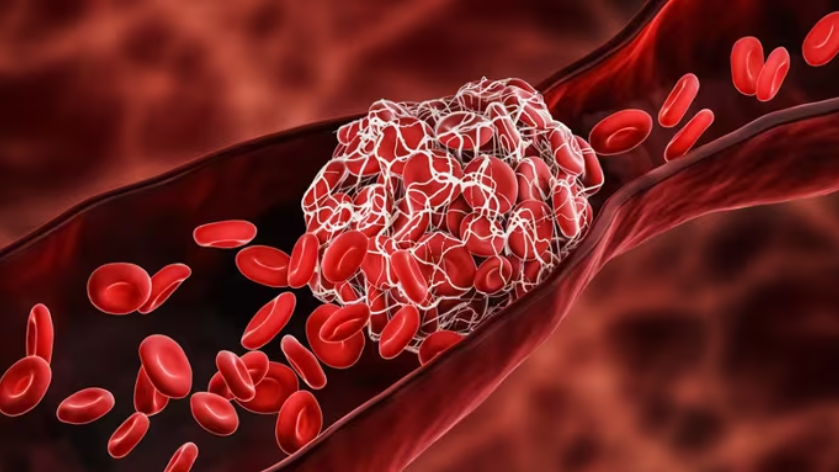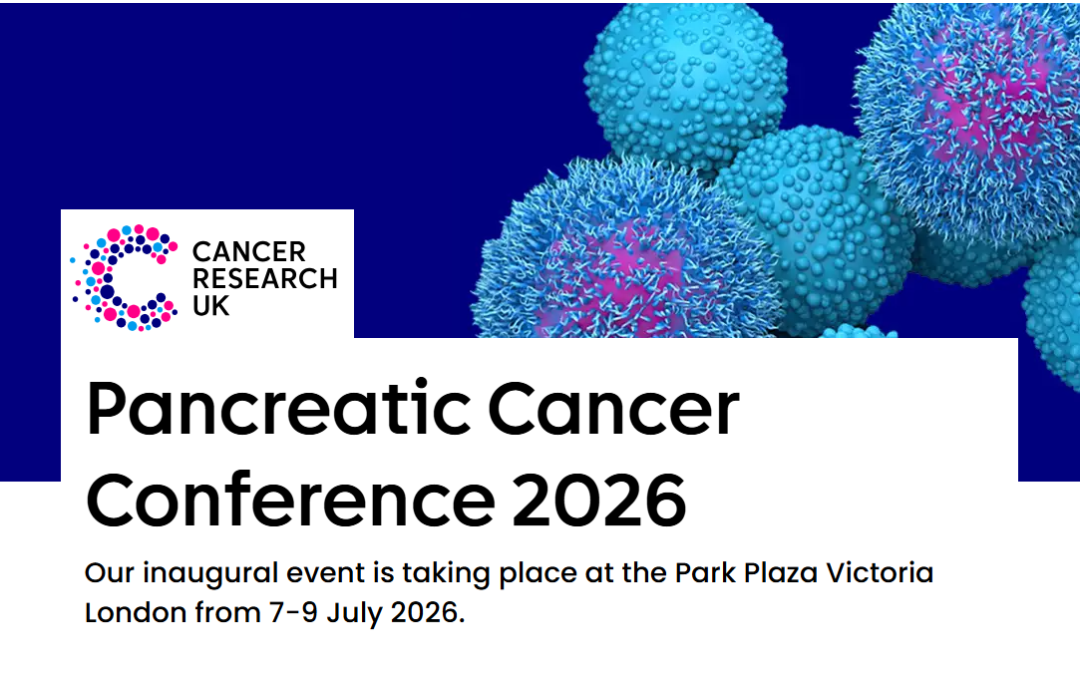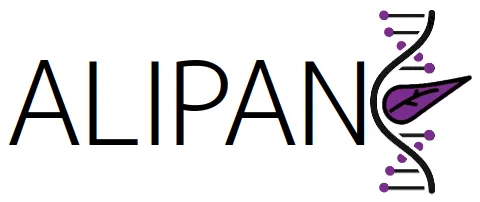
by Comite Web | Feb 3, 2026 | Sin categorizar
Registration is now open for the ALIPANC Annual Scientific Meeting, which will take place on March 13, 2026, at Hospital Universitario HM Sanchinarro (Madrid).
Registrations: https://form.jotform.com/260221905533348
The Call for Abstracts is also open and will be available until February 13, 2026.
Abstract submission: https://form.jotform.com/260254746064356
This edition will feature the following Keynote Lectures:
- “Organization of the Innate Immune Response”
Ivan Ballesteros – Universidad Carlos III (UC3M), Madrid
- “A single-cell multi-omic atlas of the human pancreas across development, health, and type 2 diabetes”
Elisabetta Mereu – Institut Josep Carreras, Badalona
- “Targeting KRAS in pancreatic cancer”
Ignacio Garrido-Laguna – Moffitt Cancer Center, Tampa, Florida (online)
Roundtable Discussion
Research opportunities in the context of new clinical trials in Spain
Moderada por Teresa Macarulla, Hospital Clínic de Barcelona
Please see the preliminary program for more details: ALIPANC_AnnSciMeet_2026_outline
ALIPANC encourages the entire research and clinical community to take part in this new edition of the annual scientific meeting.
For any inquiries, the Technical Secretariat is available at info@alipanc.org
by Comite Web | Jan 23, 2026 | Sin categorizar
We are pleased to announce an upcoming seminar of special interest to the pancreatic cancer research community.
On Friday, January 23, at 12:00 noon (CET), Dr. Florencia McAllister, M.D., Associate Professor of Clinical Cancer Prevention and Gastrointestinal Medical Oncology at The University of Texas MD Anderson Cancer Center (Houston, TX), will visit the CNIO to give a scientific seminar, invited by Núria Malats.
Dr. McAllister is a physician-scientist and her research focuses on the intersection between tumor immunology, microbiome biology and pancreatic cancer pathogenesis. Her work has provided significant advances on how interactions between the immune system and the microbiome influence initiation, progression, therapeutic response and survival in pancreatic ductal adenocarcinoma (PDAC).
Title of the presentation
“Cancer as an Ecosystem: How Microbes Shape Tumors.”
How to attend
📍 In person (CNIO Auditorium)
It is necessary to bring your ID card or passport and to arrive 10 minutes in advance to facilitate access to the building.
💻 Online via Zoom
Date and time: January 23, 2026 – 12:00 h (Madrid time)
🔗 Zoom Link: https://cnio-es.zoom.us/j/64090466393?pwd=0KhXbr1pUdGtQ2ERxtjiO6IpbqYPpU.1
Meeting ID: 640 9046 6393 Access code: 468662
We look forward to your participation in this interesting seminar.

by Comite Web | Jan 14, 2026 | Sin categorizar
The group led by Andrés Muñoz (Gregorio Marañón Hospital, Madrid) has published a subanalysis of the
ONCOTHROMB12-01 study, which examines the impact of a diagnosis of
venous thromboembolic disease (VTE) on the overall survival of cancer patients. A diagnosis of VTE was associated (independently of tumor type and stage) with
worse overall survival, suggesting an unfavorable and more aggressive tumor biology.
Specifically, in the subgroup of patients with pancreatic cancer, 18-month survival was 12.7% in patients with a thrombotic event compared with 54.1% in those without thrombosis (p < 0.0001). The incidence of VTE in the pancreatic cancer cohort was 28.3% at 12 months and 35.9% at 18 months. In patients who experienced a second thrombotic episode, the impact on survival was even greater: 18-month survival was 69.4% in patients without thrombosis, 46.5% in those with thrombosis, and 18.2% in those with recurrent thrombosis (p < 0.0001). Unfortunately, no molecular information is available for the pancreatic tumors included in the study.
For more information about the article 📃👉 link

by Comite Web | Dec 19, 2025 | Sin categorizar
Registration is now open for the Pancreatic Cancer Conference organised by Cancer Research UK. The event will take place in London from 7–9 July.
https://www.cancerresearchuk.org/for-researchers/how-we-deliver-research/scientific-events-and-webinars/pancreatic-cancer-conference
This conference will bring together an international, multidisciplinary community to present the latest scientific advances, foster meaningful debate, and enable new collaborations to drive progress in pancreatic cancer research.
The programme will feature speakers from around the world in scientific sessions and panel discussions, with presentations spanning basic, translational and clinical research. Topics will range from examining the biology of the exposome and its role in tumour initiation and progression to exploring the systemic physiological disruptions associated with advanced-stage disease.
This is a must-attend event for those working in pancreatic cancer research or related disciplines and is open to researchers at all career stages worldwide. The conference will include poster sessions and extensive networking opportunities, particularly for early career researchers.
At ALIPANC, we encourage you to take part — don’t miss it!
Early bird registration: until 9 January
Abstract submission deadline: 15 March
by Comite Web | Dec 17, 2025 | Sin categorizar
3D-PANC study protocol: Is three-dimensional imaging technology superior to computed tomography for assessing the response to neoadjuvant treatment in patients with borderline or locally advanced pancreatic adenocarcinoma?
This study focuses on improving the preoperative assessment of borderline or locally advanced pancreatic adenocarcinoma (PAC) after neoadjuvant chemotherapy, as conventional computed tomography (CT) has been shown to have very low accuracy in determining which patients will benefit from surgical resection. The hypothesis proposes that applying 3D-MSP (Model for Surgery Planning) technology to CT images will significantly increase accuracy in identifying resectable patients.
The primary objective of the study is to compare the accuracy of 3D-MSP with standard CT, focusing on the diagnosis of post-chemotherapy vascular involvement (venous and/or arterial). To achieve this, a prospective multicenter study is planned that will include, over a one-year period, all patients with PAC undergoing neoadjuvant therapy followed by surgical exploration. The diagnostic accuracy of both techniques (3D-MSP and CT) will be evaluated by comparing their results with intraoperative findings and final histopathological analysis.
Additionally, the study aims to analyze the accuracy of 3D-MSP in demonstrating response to chemotherapy, assess the impact of radiomics (quantitative texture analysis), and validate the usefulness of this three-dimensional technology for education, patient communication, and detailed surgical planning.
Marina Garcés Albir, Francisco García García, Isabel Mora Oliver, Elena Muñoz Forner, Luis Sabater Orti, Dimitri Dorcaratto; GRUPO 3D-PANC Integrantes Grupo 3D-PANC
Department of General and Digestive Surgery, Hospital Clínico Universitario de Valencia, Valencia, Spain; Department of General and Digestive Surgery, School of Medicine, University of Valencia, Valencia, Spain; INCLIVA: Biomedical Research Institute, Valencia, Spain.
Read the full article here!
More about the group
here.


